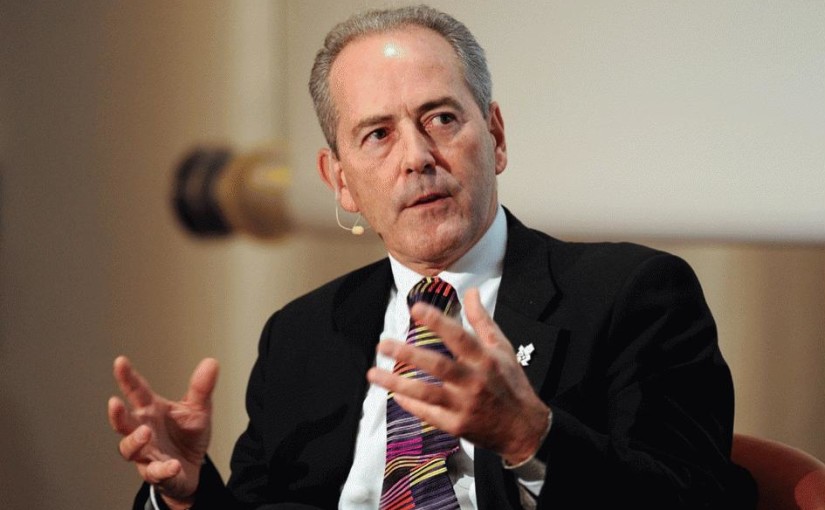By David Gold
November 1 – Populous’ senior principal John Barrow has praised English stadiums as the best in the world, citing Arsenal as the best example of how to approach moving into a new ground.
Barrow will be appearing at the International Football Arena’s (IFA) 13th conference in Zurich on November 7 and 8, discussing football stadia.
“We didn’t design them all but we have the best stadia in the world,” said Barrow.
“We have developed our own genre, honest and excellent in terms of revenue generation and great places to be.
“Arsenal have not only increased revenue by 300 per cent but are still carrying on a development programme, which is obviously hugely beneficial in the long term and the conversion of the old stadium [Highbury].
“They had to go through a painful time in funding the project but now they will be in a very strong position and that is the recommended way of going about it.”
Though Barrow has high praise for English stadia, he is critical of the Italian and French model, where local authorities own and rent out grounds to club teams.
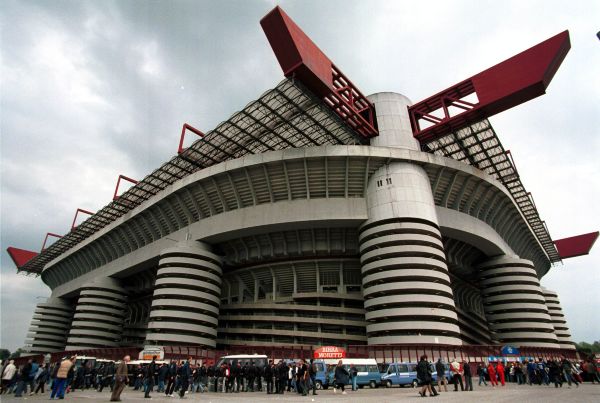
Even the likes of AC Milan and Inter Milan don’t own their own grounds, though Juventus earlier this season moved into a new stadium which is now theirs, marking a potential watershed in the Italian game, where old publicly owned venues are blamed for the league’s problems.
Having slipped to fourth in the UEFA coefficient rankings, Italy has just three Champions League spots this season and with many of their clubs in financial difficulties, it has been said that not owning their grounds has been the reason for their decline on the European stage.
“When it came to the World Cup [held in Italy in 1990] many of those stadia were built for the beauty of their architecture,” said Barrow.
“They look absolutely superb but don’t have any of the features we would look at like corporate hospitality, reasonably access, basic spectator comfort, proximity to the pitches.
“In our experience those are the things that really matter.
“The clubs are [local authority] tenants; there are classic situations where the commercial elements have been separated from the stadium side.”
For Barrow, the French system is similarly flawed, and with the 2016 European Championships being held in the country and thus spurring the construction of new stadia, with teams such as Girondins de Bordeaux, Lille and Olympique Lyonnais moving into new homes, and others such as Marseille renovating theirs.
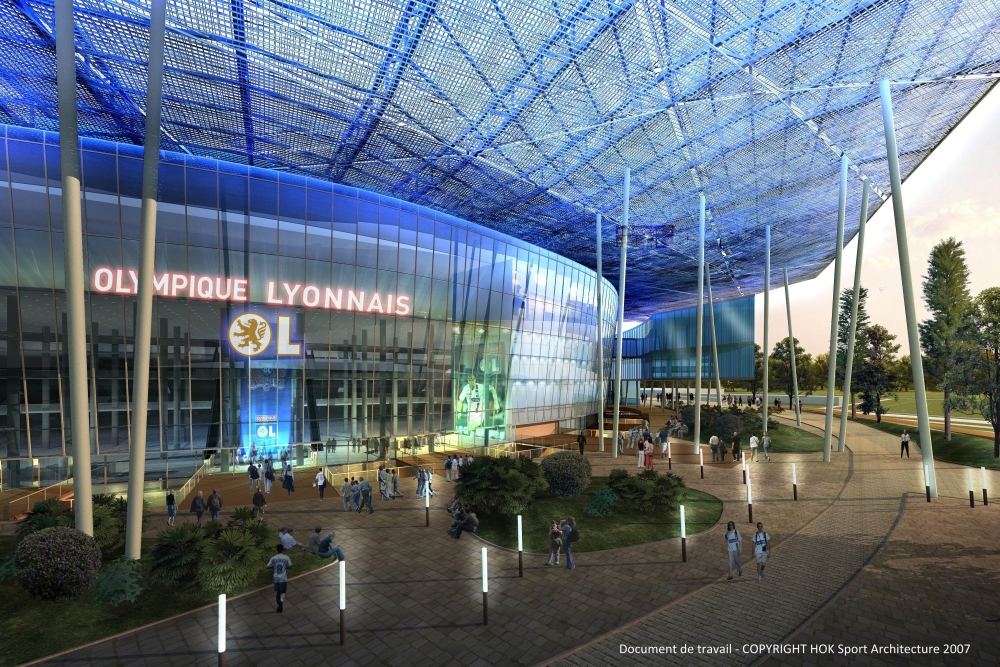
Though Olympique Lyonnais are moving into a ground which they will themselves own, the Stade des Lumières, the Populous chief fears the European Championships could be a missed opportunity if more French teams do not take ownership of their own venues.
“In ten years time in France I think they will regret building some of these stadia,” he added.
“The problem in my personal view is in the personal philosophy that a football club is a tenant and the municipality or the local city provides the facilities for them.
“That’s fine because generally the clubs don’t necessarily have funds to build a new stadium but the problem with that is ok, you build a brand new stadium which is provided by municipality for the club, but in the long term it doesn’t generate the revenues for itself to get the best players.
“Lyon is the exception, the first team in the France with Jean-Michel Aulas [the club President] saying I want to control the whole process and be in command of everything that happens in the stadium
“Other clubs once they see it is possible and see it actually built, they will follow that.”
Barrow explains that the key to a successful modern stadium is flexibility, and cites Populous’ work on what is now the O2 arena as a prime example of this.
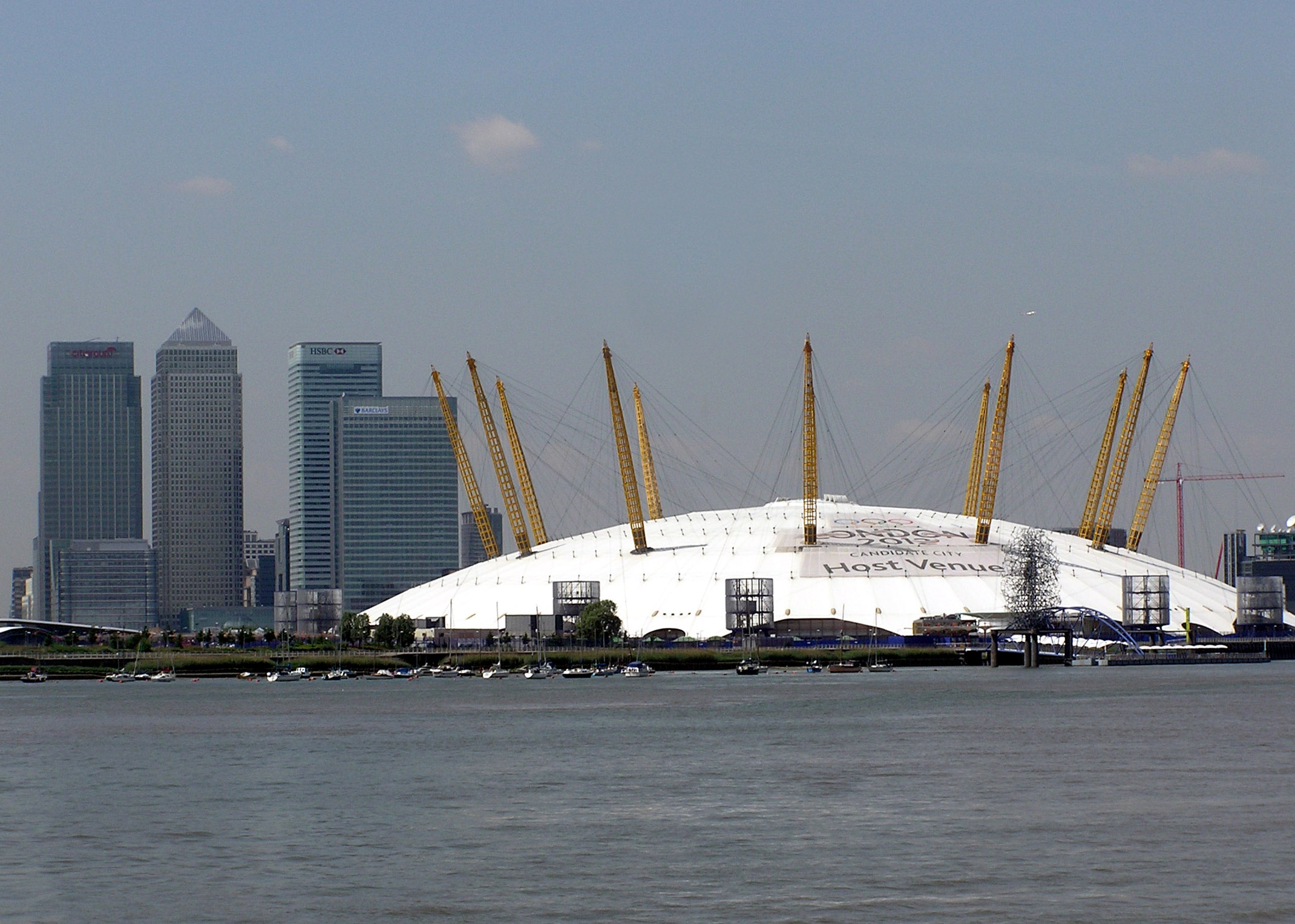
Populous transformed what was the Millennium Dome by focusing on the experience of its users and ensuring maximum flexibility for events, and as Barrow says, they could stage three separate activities in one day with the current set up.
From his experience with Populous, which includes work on the London 2012 Olympic Games and Sochi’s Olympic Stadium for the 2014 Winter Games, to projects with Real Madrid in Spain and on the Soccer City stadium in Johannesburg used at last year’s World Cup, Barrow believes that it is this flexibility and the sustainability of a venue, which is so crucial.
Ideally, regular reviews should be conducted into a club’s stadium to ensure that is getting the most out of it from a commercial point of view, something increasingly crucial in the modern world, as well as building in flexibility so that a ground can increase its capacity without having to undergo radical renovation.
Barrow though, suggests that sharing stadia is unnecessary, and believes that Liverpool and Everton, two teams looking to move out of their current grounds in the coming years, do not need to be forced into a groundshare agreement to achieve this.
Queens Park Rangers and Fulham, and Tottenham Hotspur and West Ham United are other teams in close proximity who are at various stages of looking to move from their current stadia.
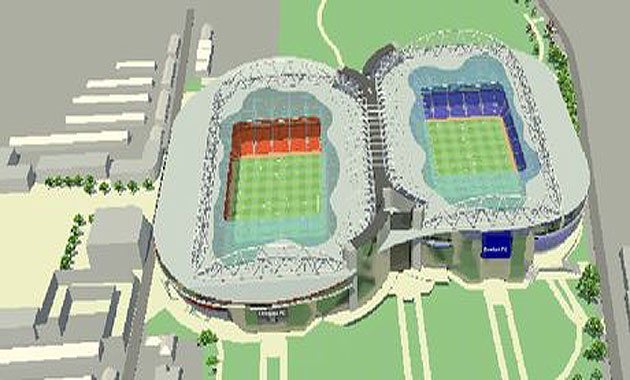
“It’s very difficult to see how Liverpool and Everton can share, it’s almost religion,” Barrow said.
“Sharing a stadium can be a great business, but it’s not necessarily an easy thing to do particularly if trying to squeeze in other things.
“If you have home matches for two teams and then want to do concerts that gets in the way of your business planning.
“I’m not saying it can’t be done or shouldn’t be but teams as great as QPR or Fulham should be able to have their own stadia, the same for Liverpool.
“I think to force two clubs together would not work.”
Ultimately, Barrow emphasises the importance of the experience for the spectator, being the most fundamental aspect of planning to build a new sports arena.
Or, as he puts it, “with 3D Sky TV it’s going to take quite a bit to get me off my sofa.”
Contact the writer of this story at zib.l1745176212labto1745176212ofdlr1745176212owedi1745176212sni@d1745176212log.d1745176212ivad1745176212

